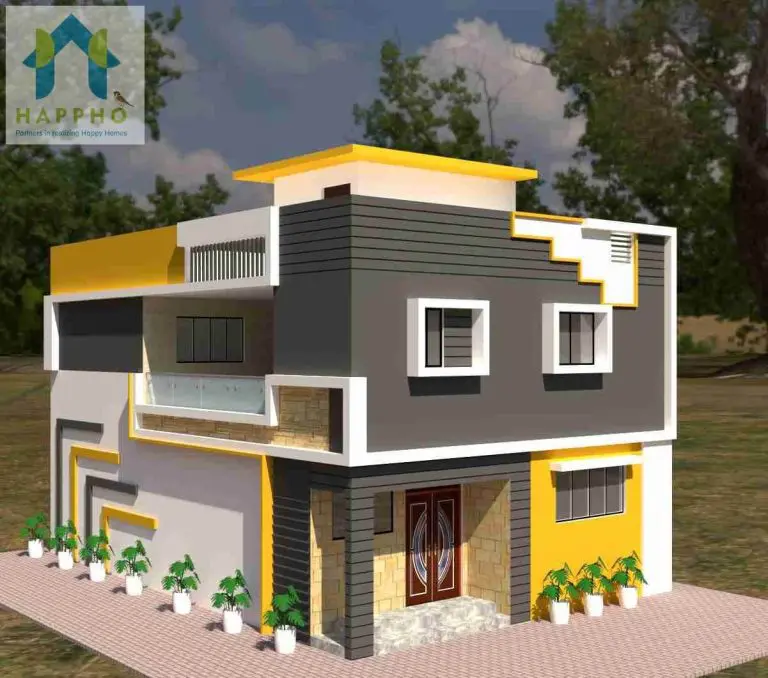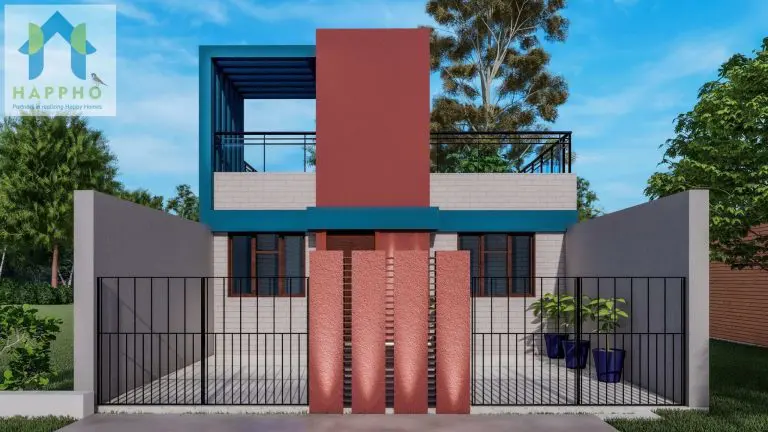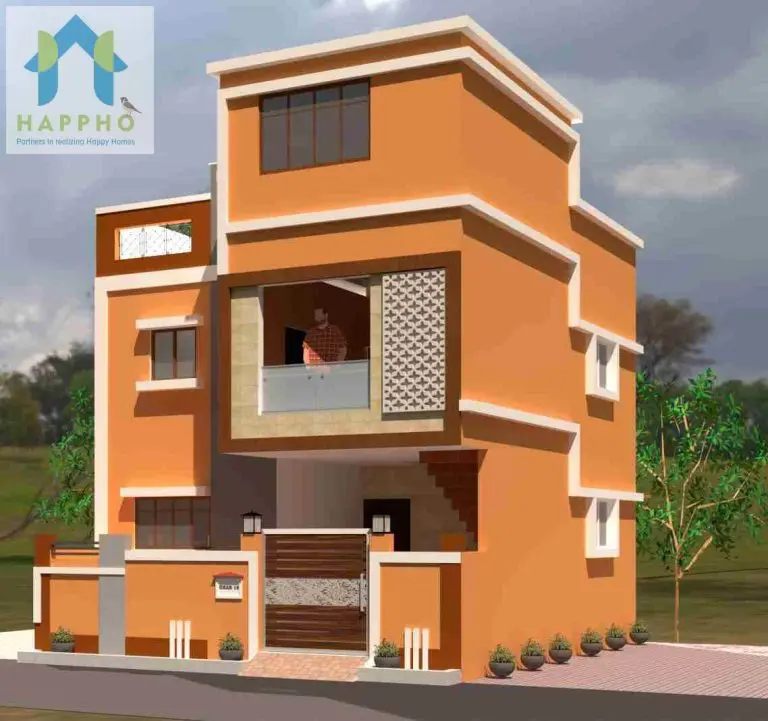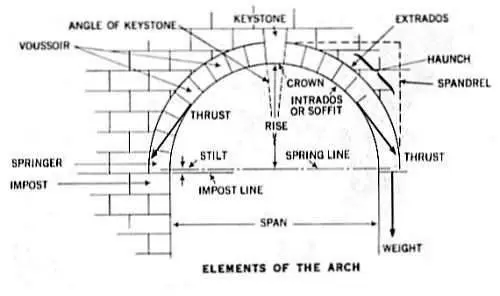UPVC is stands for Unplasticised Poly Vinyl Chloride which is also known as rigid PVC as it is hard and not flexible. UPVC products such as UPVC windows and doors are nowadays commonly used in housing facilities as they are long lasting, durable and having good aesthetic looks.
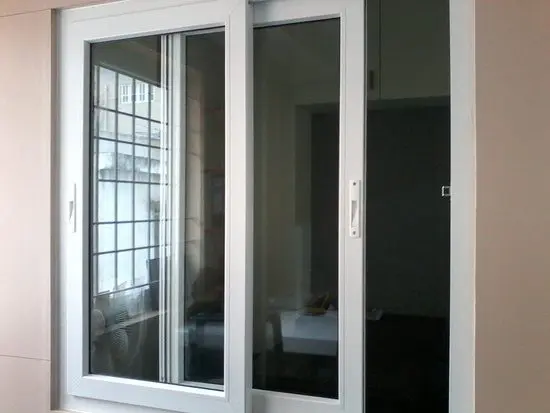
However these UPVC windows and doors come with certain pros and cons knowing these properties may help to decide which product is good for specific needs.
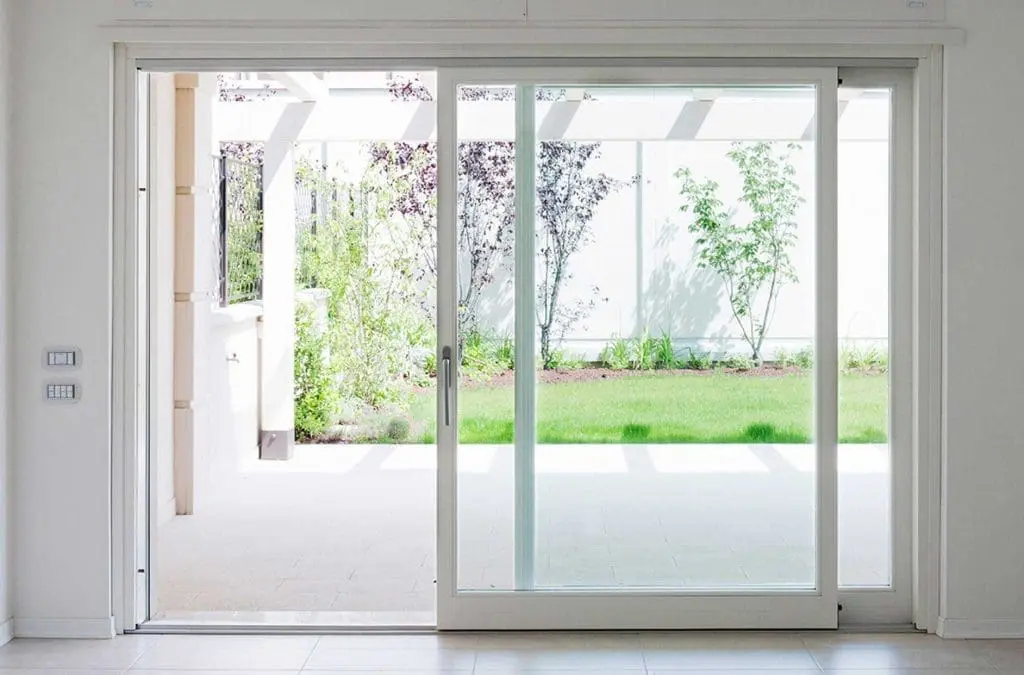
Advantages of UPVC Windows in House Construction
- Durability:
In comparison to conventional doors and windows UPVC windows and doors have better life cycle. Since these products are temperature and termite resistant they outlast the traditional doors by almost a complete lifetime of the wooden or aluminum doors used in traditional buildings.
- Ease of use and maintenance:
UPVC windows come with negligible maintenance. Since UPVC is not biodegradable, the doors and windows will not have any fungal attacks. They are also very light in weight so they are easy to carry and transport making it easy to use.
- Sound Insulation:
UPVC windows provide very good sound insulation against noise pollution. It is advisable to use UPVC windows for houses which are near Airports, Highways, temples, mosques etc., for sound insulation.
- Thermal Insulation:
UPVC windows provide very good thermal Insulation which leaves no space for increased consumption of energy, be it for air conditioners or for heating machines.
Disadvantages of UPVC windows
- Expensive:
Sliding UPVC windows and doors are very expensive than traditional windows/doors. The cost may be upto 3 times the cost of a typical aluminum 25mm series three track window system.
- Availability:
UPVC windows are not easily available in market as compare to traditional windows.

